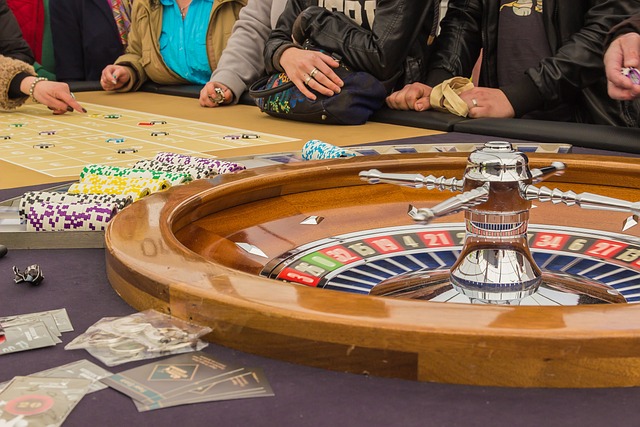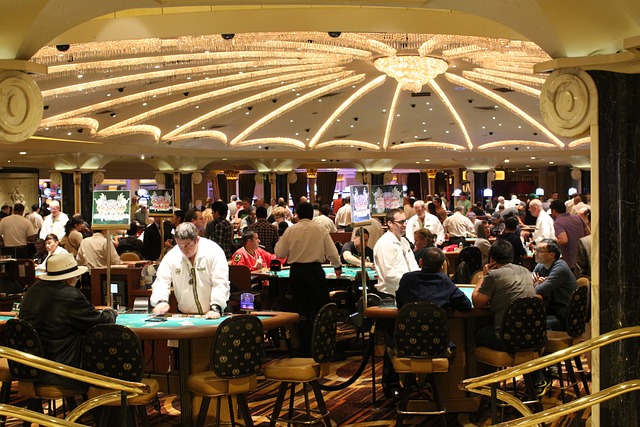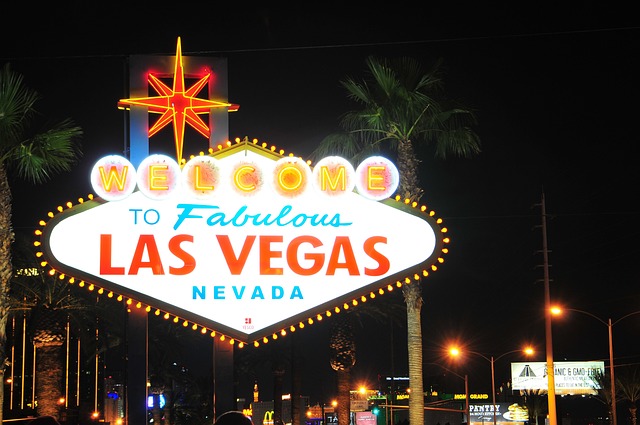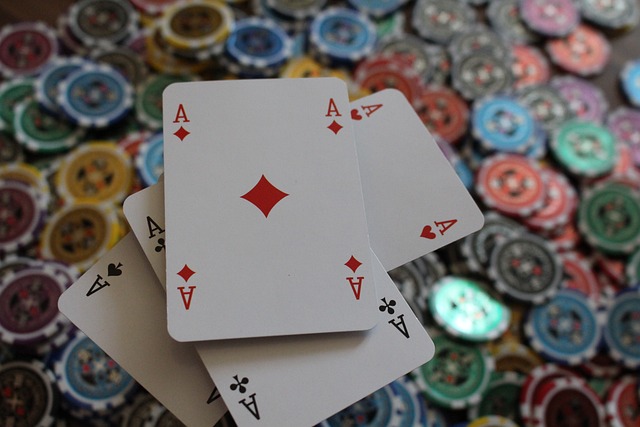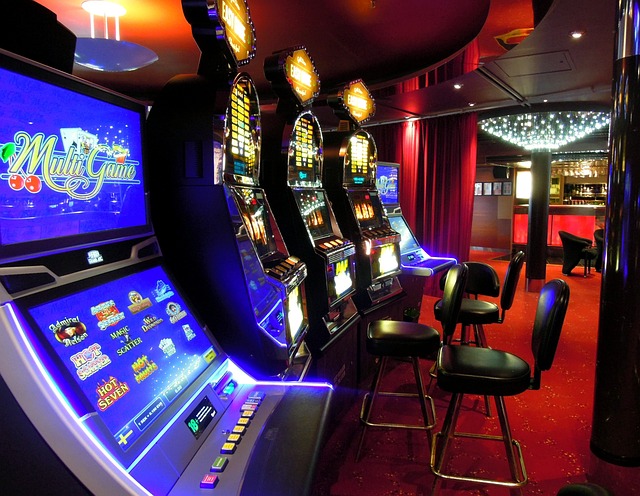Normalization of gambling
People’s early engagement or exposure to gambling or gambling-style activities starts throughout childhood and early adulthood. In most instances, it aligns with a familiar set of life events or milestones.
This has helped to “normalize” gambling. Gambling IviBet login represents just another activity for normal playing audiences. It’s common for gamblers to have a skewed view of ‘normal’ behavior, often underestimating the extent of their activity.
The research found that people see problem gambling as being a binary category that they do not fit into, with it often being others who need help. Only 13% of respondents thought that they gambled more than most. They showed that the majority of respondents think they gamble the same or less than others. 27% of problem gamblers and 57% of moderate-risk gamblers believe their gambling activity to be average or less than others.
Understanding how different players decide what is ‘normal’ in terms of gambling is a key consideration for communicating with these audiences, bearing in mind that many overestimate what is normal.
Motivations to gamble
Reward was the primary factor in gambling – enjoyment and fun were also drivers, but motivators can vary depending on the situation and activity.
The eight typologies of gambling behaviors
The research created eight typologies that reflect the attitude and motivations towards a certain gambling occasion. The typologies apply to gambling occasions, not people, and therefore one person could fall into different typologies in different situations.
The eight typologies of gambling behaviors are:
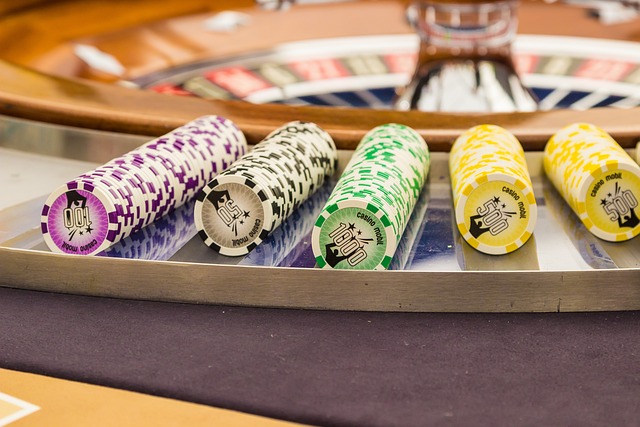
- Social play:
Gambling is something my friends and I love doing together. It’s no matter whether it’s having a friendly competition, adding more excitement to an event, or just for a bit of fun
- Wise decision:
Gambling is a matter of skill and I’m confident in my ability to get it right, which is why I enjoy turning events into another opportunity to test my skills
- Me time:
I love to play and indulge in a little ‘me time’, with the added reward of knowing I will probably come out lucky
- Just what I do:
Gambling is just something I’ve been doing for a while, and I enjoy it as a little treat, regardless of whether I win or not
- Along for the ride:
Gambling isn’t something I’m particularly interested in, it’s just a way I get to enjoy being with others, even if it means I will possibly end up out of pocket
- Money to burn:
I’m just using up some leftover credit on a bit of a whim – nothing to lose!
- Feeling lucky:
Sometimes those lucky chances come my way and I can’t help but take a gamble, especially if it allows me to prove myself
- For the money:
I don’t put much thought into gambling, I just like the idea of winning big even if it is a long shot.
Hot states and binge gambling
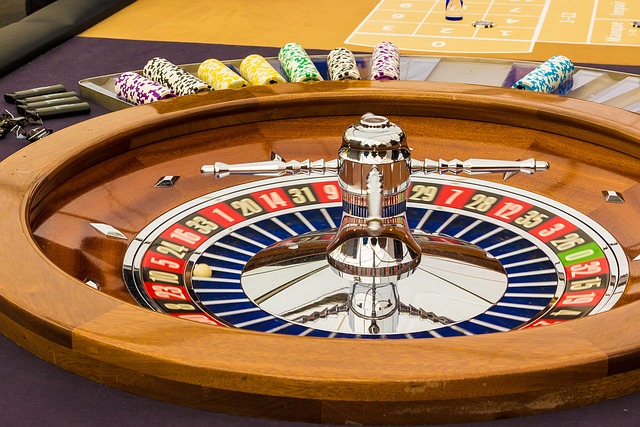
Hot/cold states and binge gambling
The research found that gambling behavior can vary between a “cold state” where choices and play are considered and are based on previous experience to a “hot state” where behavior and play can fluctuate. It is in this hot state, that people can sometimes experience an out-of-the-ordinary “gambling binge”.
People understood both the terminology of “binge” gambling and when either themselves or others, have been in that moment. Everyone held an underlying intention to gamble responsibly, but the impact of this does fluctuate with one in seven recognizing having had a ‘gambling binge’.
Messaging
There’s little desire amongst consumers for active intervention by operators – more passive messaging and touchpoints are preferred. However, the research found that casual gamblers can be tempted by a well-placed message i.e., via a promotion – triggering out-of-the-ordinary hot state play (creating the potential for binge behavior).
This insight into gambling behavior can help operators to reflect on the communications used and when they are used, as even well-placed messages, can still trigger hot-state behavior and potentially binge-style play in some players.
In terms of interventions, there is not a ‘one size fits all’ approach. By understanding players in more detail, we can understand which interventions are preferred by which types of players.
Gambling activities and locations
Activities and locations of gambling
Mobile technology has enabled ‘low friction’ gambling to happen easily and conveniently at any time meaning that ‘binge’ behavior can now happen at any time. Mobile gambling has enabled the transformation of traditional ‘destination gambling’ (like football & bingo). It functions similarly to instant win games in terms of ease/convenience of play.
